
Learn how to publish impactful research from absolute scratch, and take your career to the next level
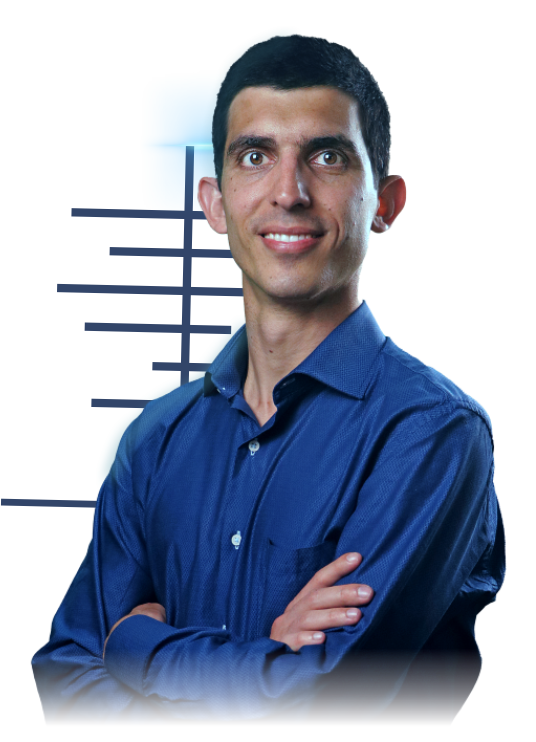
About the
Meta-Analysis
Academy
The Meta-Analysis Academy is a 10-week live immersive course where doctors, medical students and other healthcare professionals learn how to publish systematic reviews and meta-analyses from absolute scratch. The course is a combination of theory and practice, carefully designed to teach you each of the 10 steps necessary to independently conduct a systematic review and meta-analysis.
Your mentor, Rhanderson Cardoso, MD, is a Brazilian physician with training from institutions such as Johns Hopkins and Harvard*. He has published more than 60 articles in PubMed-indexed journals and has over 1300 citations in the literature, including citations by international guidelines. In addition, Dr. Rhanderson has taught thousands of students how to conduct scientific research using the same method with equally extraordinary results – and now it’s time to expand the community worldwide!
*Please note that the Meta-Analysis Academy is not affiliated with The Johns Hopkins Hospital or Harvard Medical School.
"We choose to go to the Moon."
John F. Kennedy, 1962
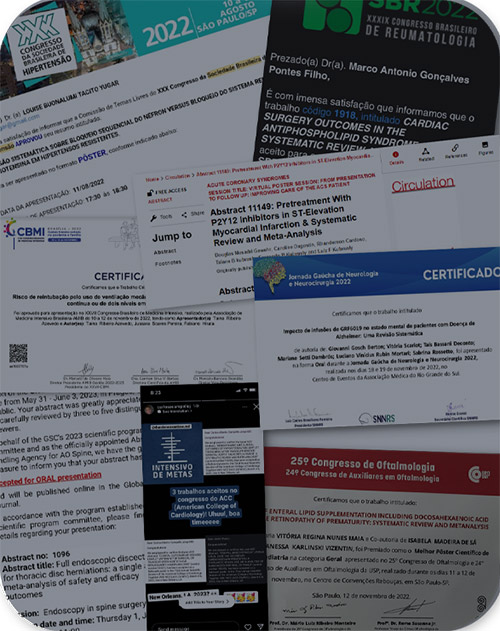
654
participations
in abstracts
participations
in abstracts
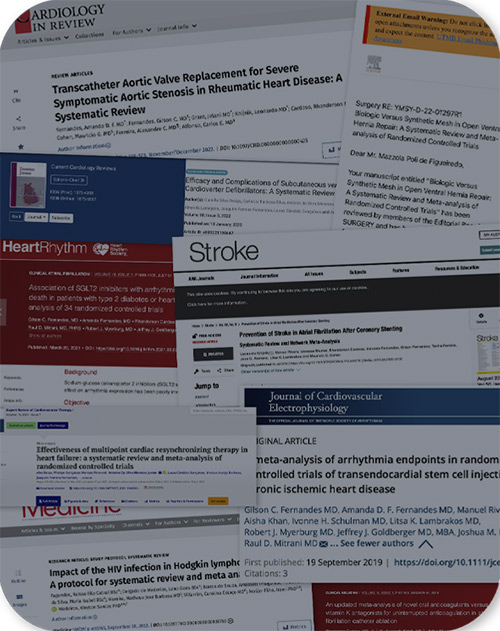
245
participations
in papers
participations
in papers
* These numbers account for students' participation as authors and co-authors.
Papers



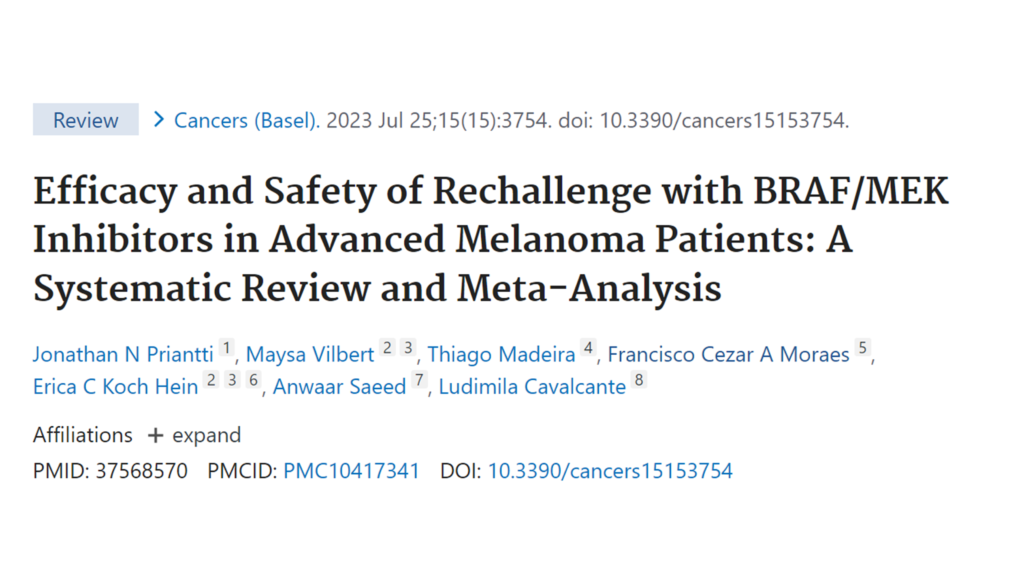
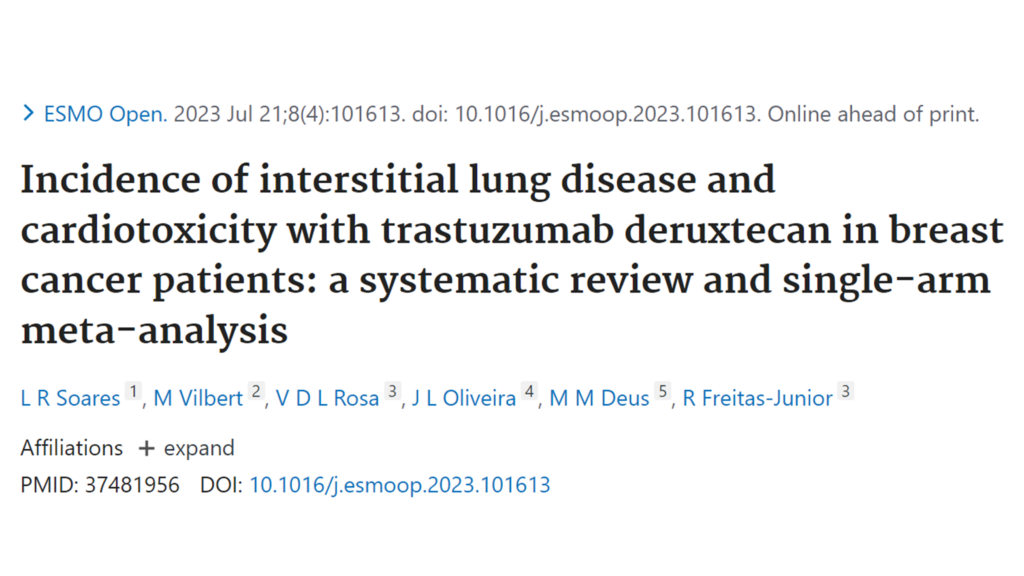
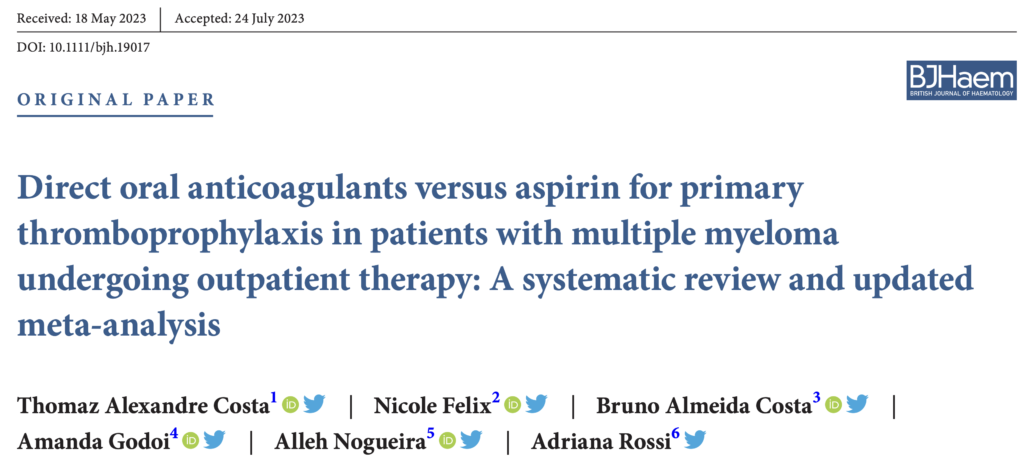
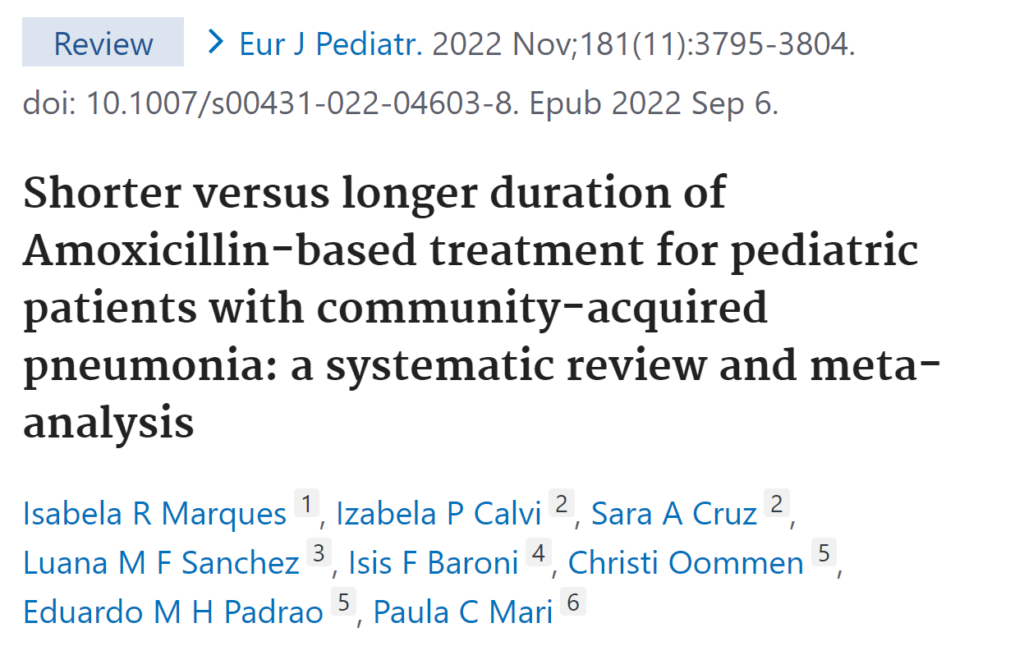
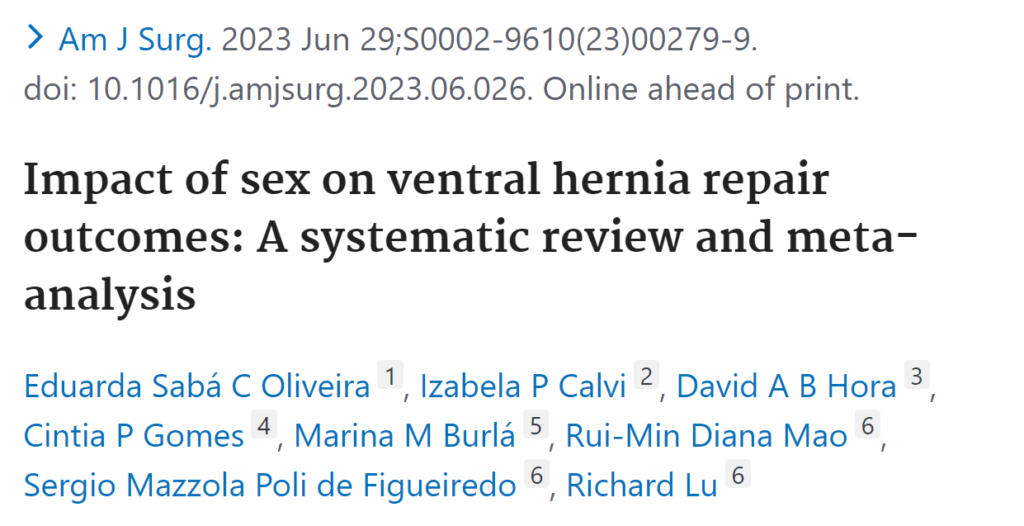
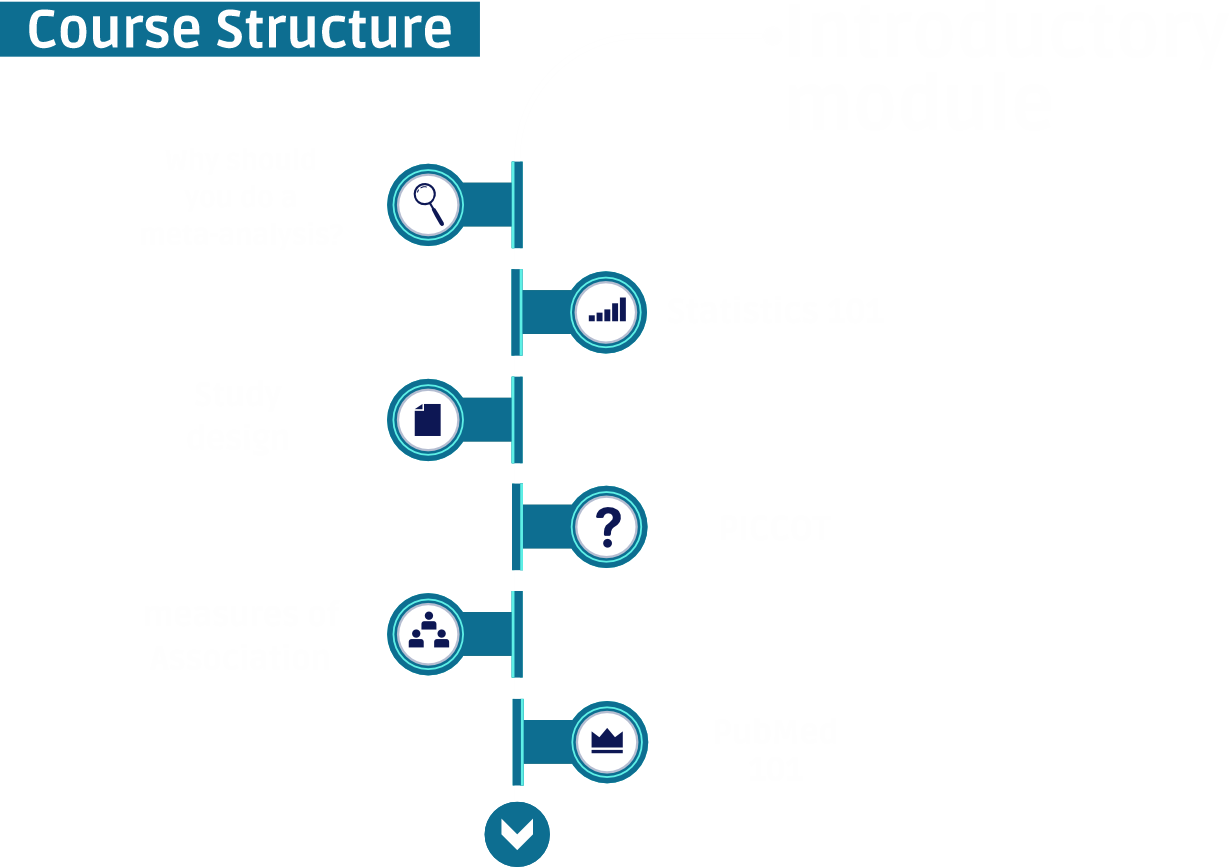
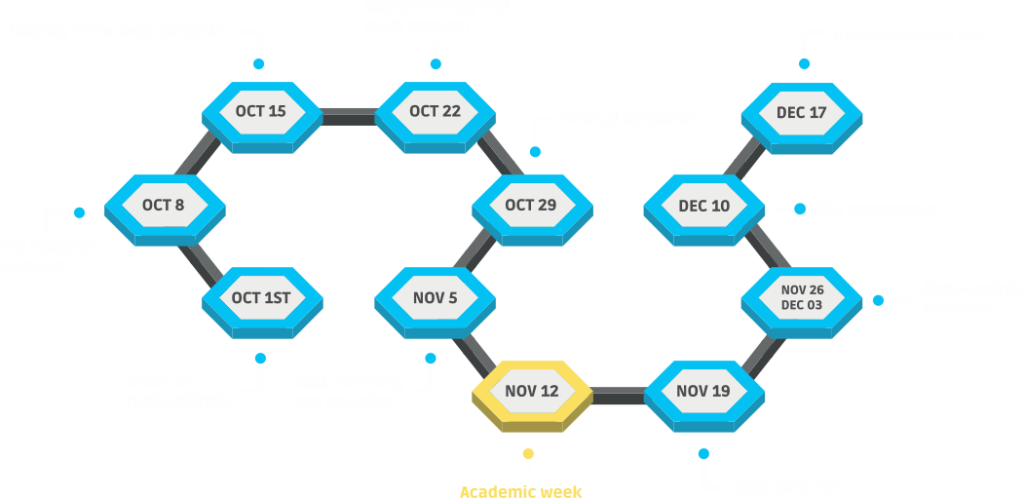
Satisfaction guarantee
If for any reason you no longer want the course within 7 days, we will refund 100% of your money. No red tape.

Who is Rhanderson Cardoso, MD?
Rhanderson Cardoso, MD is a renowned cardiologist at Brigham and Women’s Hospital, Harvard Medical School in Boston, USA*. He received his residency training at the University of Miami*, cardiology training at Johns Hopkins*, and holds a master’s degree in cardiovascular epidemiology from the same institution. Additionally, he was chief resident in internal medicine at the University of Miami and chief fellow in cardiac imaging at Harvard Medical School.
Rhanderson was born and raised in Paraíso, a small town in the countryside of Tocantins, Brazil. Despite facing many challenges, he graduated in medicine from the Federal University of Goiás and has since gained international recognition. With more than 60 publications and over 1,300 citations from other studies, his work has been cited by prestigious organizations such as the European Society of Cardiology and the American College of Cardiology/American Heart Association.
Today, Rhanderson is dedicated to sharing his knowledge and experience in cardiology and scientific research with medical students and physicians worldwide.
*Please note that the Meta-Analysis Academy is not affiliated with Brigham and Women’s Hospital, Harvard Medical School, The Johns Hopkins Hospital, or the University of Miami.

What students are saying about the course
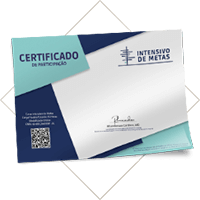
Receive your certificate at the end of the course
Frequently Asked Questions
The Meta-Analysis Academy is led by Dr. Rhanderson Cardoso. He graduated from medical school at the Federal University of Goias, in Brazil, and completed residency in internal medicine at the University of Miami, where he was also chief resident.
Dr. Cardoso then moved on to the Johns Hopkins Hospital for cardiology fellowship. He also completed a masters in health sciences degree at the Johns Hopkins Bloomberg School of Public Health. He then moved on to Brigham and Women’s Hospital, Harvard Medical School, for a cardiac imaging fellowship, where he was also chief fellow. Today, Rhanderson Cardoso is a cardiologist and cardiac imaging specialist at Harvard Medical School.
Rhanderson is also passionate about research and medical education, having served in many teaching positions in his career. He has more than 60 publications, over 250 abstracts in international conferences, and 1200+ citations on Google Scholar. His work has been cited by international guidelines from the European Society of Cardiology, the American Heart Association, the American College of Cardiology, the American College of Gastroenterology, and many others. He is founder of Intensivo de ECG, a training program in ECG and cardiology that has trained more than 6000 students in Brazil, and the Meta-Analysis Academy, which has achieved hundreds of publications and/or presentations in international meetings by the students in recent years.
*The Meta-Analysis Academy is not affiliated with Brigham and Women’s Hospital, Harvard Medical School, The Johns Hopkins Hospital, or the University of Miami. Opinions here are exclusively those of Dr. Cardoso and that of the Meta-Analysis Academy team.
Check out Dr. Cardoso’s publications in the following link:
https://scholar.google.com/citations?user=kqrtzhgaaaaj&hl=en&oi=ao
Before starting the 10 modules of the Meta-Analysis Academy, first you must undergo pre-training in the Introduction Module. The curriculum of the Introduction Module has 6 short classes on basic concepts of evidence-based medicine and statistics.
The Meta-Analsyis Academy is subdivided into 10 modules where we teach everything from creating a project to doing the statistics and then writing the manuscript. Each module is subdivided in:
- 1. Classes: watch the recorded classes in the student portal;
- 2. Lab exercises: put into practice what you learned in class;
- 3. CPT (Curricular Practical Training): in CPT, we will go over the lab exercise.
- 🔹The class and lab exercise for each module will be made available at least one week prior to the CPT date;
- 🔹It is very important that you do the lab exercise prior to CPT;
- 🔹These sessions are live, on Sunday, at 8 am Brasilia (GMT -3);
- 🔹Sessions will be recorded and made available in the student portal;
- 🔹Academic Week – This is a week without new classes/modules, created so that students can work on their own projects.
The Meta-Analysis Academy is indicated for those who want to publish impactful manuscripts and present research projects in national and international meetings, regardless of the level of training, clinical knowledge, or statistical background. The focus is on health professionals, such as medical students, doctors, post graduate students in the biomedical area, and nurses, among others.
Due to the structure of the course, starting from basic concepts and teaching how to publish impactful research independently, the Meta-Analysis Academy is therefore recommended for learners in the beginning of their career, all the way up to PhDs and specialists in many different areas of medicine.
You will learn how to perform a systematic review and meta-analysis from absolute scratch, starting with the conception of the idea to the publication of the meta-analysis and presentation in an international meeting.
Each module is divided into 3 components: class, lab exercise, and CPT (Curricular Practical Training). The dates on the schedule below are for CPT. The class for each CPT will be released in the student portal at least 1 week before this date. Example: CPT for module 7 is on Nov 19; you will have the recorded class for module 7 available in the student portal, as well as the lab exercise, at least one week before this date. CPT classes are live, on Sunday, at 8 am in Brasilia time (GMT – 3). These sessions will be recorded and made available in the student portal.
1. Ideas for systematic reviews and meta-analyses: Oct 1
2. The research question: Oct 8
3. Viability of the meta-analysis: Oct 15
4. Search strategy and study protocol: Oct 22
5. Medical databases: Oct 29
6. Study screening and selection: Nov 5
7. Data extraction: Nov 19
8. Meta-analysis statistics: Nov 26 and Dec 3
9. Quality assessment: Dec 10
10. Implementation day: Dec 17
*The date and time of the live classes may be subject to change due to unforeseen circumstances, but the recording will be available thereafter until the end of access to the course, i.e., end of March 2024.
Academic week: 12 | Nov this is a week without new classes/modules, created so that students can work on their own projects.
Yes. The certificate is of 50-hours of coursework. Students must participate in at least ⅔ of the classes and complete at least 70% of the lab exercises. For CPT, you may watch either the live session on Sundays, 8 am Brasilia time (GMT -3), or the recording to have attendance counted.
No. The Meta-Analysis Academy is exclusively authored by Dr. Rhanderson Cardoso and his collaborators. It is in no way affiliated with the University of Miami, Johns Hopkins University, Brigham and Women’s Hospital, or Harvard Medical School. The views expressed in this course do not necessarily reflect the opinions of these institutions. In addition, none of the course content is considered medical advice.
Time is a matter of priority. If you think that doing research and getting good publications is important to you and your career, then yes, you will make the time. also, if you think you are short on time and that life is too busy, then the Meta-Analysis Academy is perfect for you.
No other research method will allow you to get such powerful results in the same amount of time. All other methods of research, including chart review, epidemiologic studies, randomized trials, etc, will take you much longer to complete. Meta-Analyses, on the other hand, are quick to conduct and yield impactful studies in the literature.
Surely the course requires dedication and commitment. Each module has a class, lab exercise, and CPT. We estimate that the total amount of time needed to complete each module varies between 3 and 5 hours, though this may vary between different learners.
Most importantly, our results prove that students who dedicate themselves to the course manage to have relevant publications in the literature and present their work at national and international scientific meetings. That is what really matters in research and in your career.
















